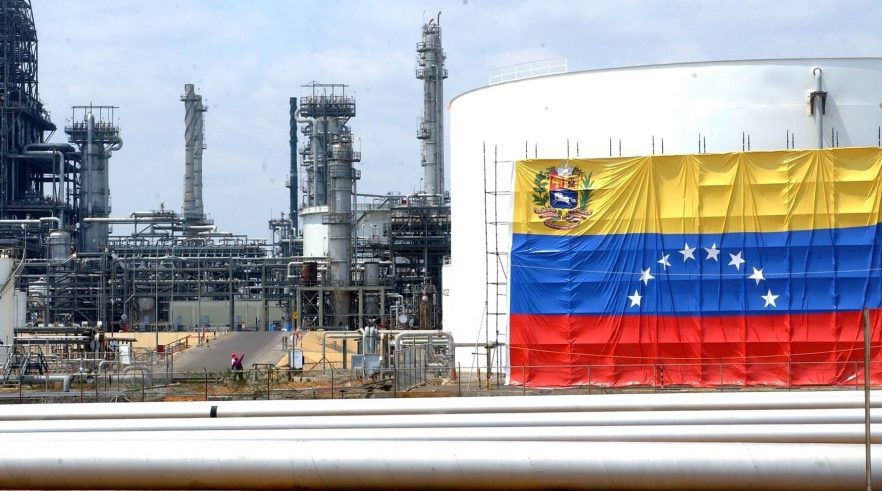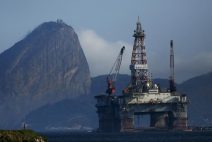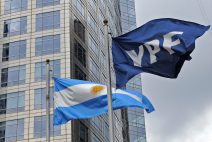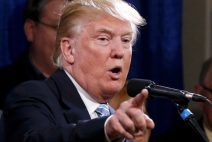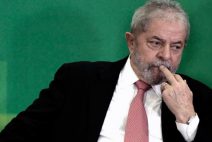US officials are drafting a proposal that would ease sanctions on Venezuela's oil sector, allowing more companies and countries to import its crude oil, if the South American nation moves toward a free and fair presidential election, according to five people with knowledge of the plans.
Washington has been trying to encourage negotiations between President Nicolas Maduro and the political opposition over elections in Venezuela and other demands. Sanctions were imposed following Maduro's 2018 reelection, which many Western nations considered a sham.
Easing sanctions has been a carrot held out in the past by the U.S., but which so far has resulted in very few authorizations, including one to Chevron Corp that has allowed the firm to expand operations in Venezuela and export its oil to the United States since November.
Washington continues to insist that further easing will depend on progress toward elections. U.S. President Joe Biden's government is prepared to provide Venezuela sanctions relief if the country moves to restore democracy, the White House said on Wednesday.
A new round of talks began last November in Mexico including Maduro's representatives, the opposition and U.S. officials, but have shown little progress. A White House spokesperson said Venezuela has not yet taken the necessary steps to restore democracy.
The White House declined to comment on the oil sanctions reframing proposal. Venezuela's negotiation leader, Jorge Rodriguez, and the U.S. State Department did not immediately reply to requests for comment.
